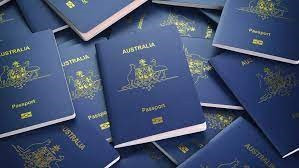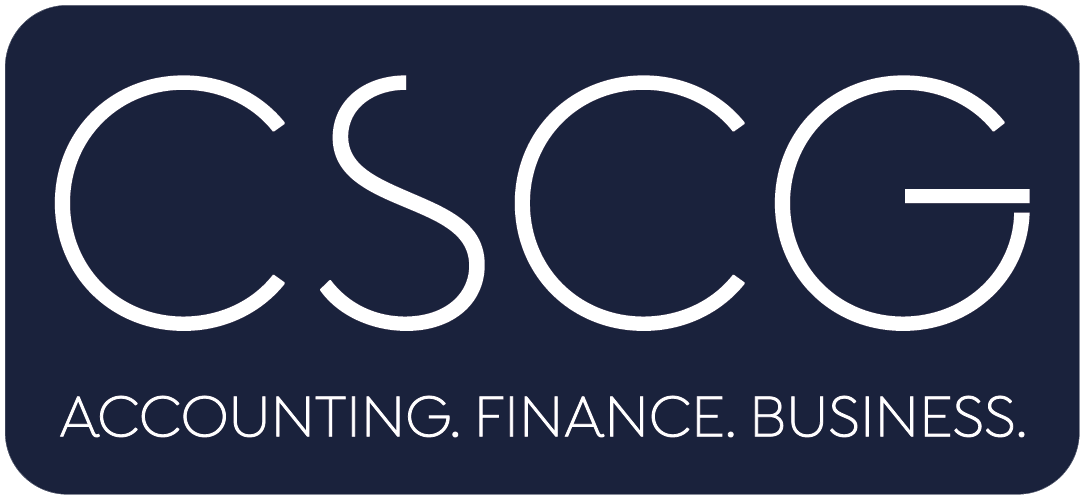Insights & Resources
NOVEMBER PRACTICE UPDATE
Tax issues for businesses that have received a support payment |
Taxpayers who have received a government support grant or payment recently to help their business recover from COVID-19 or a natural disaster should check if they need to include the payment in their assessable income.
Grants are generally treated as assessable income, and taxpayers may be able to claim deductions if they use these payments to:
- purchase replacement trading stock or new assets;
- repair their business premises and fit out; or
- pay for other business expenses.
NANE grants include but are not limited to:
- COVID-19 business support payments;
- natural disaster grants; and
- water infrastructure payments.
Taxpayers cannot claim expenses related to obtaining the grant, such as accountant's fees.
Care required in paying super benefits |
Generally, before SMSF trustees pay a member's super benefits, they need to ensure that:
- the member has reached their preservation age;
- the member has met one of the conditions of release; and
- the governing rules of the fund (e.g., the trust deed) allow it.
Benefit payments to members who have not met a condition of release are not treated as super benefits. Instead, they will be taxed as ordinary income at the member's marginal tax rate.
If a benefit is unlawfully released, the ATO may apply significant penalties to:
- the SMSF trustee;
- the SMSF; and
- the recipient of the early release.
The ATO may also disqualify the trustee(s) involved.
Investment restrictions and other rules that apply to SMSFs in the accumulation phase continue to apply when members begin receiving a pension from the SMSF.
Where a member has met a condition of release, the trustee can either pay the benefit as a lump sum or super income stream (i.e., a pension). If a member has died, the trustee will generally pay a death benefit to a dependant or other beneficiary of the deceased, subject to the applicable rules.
Notice of visa data-matching program |
The ATO will acquire visa data from the Department of Home Affairs for the 2024 to 2026 income years, including the following:
- address history and contact history for visa applicants, sponsors, and migration agents;
- active visas meeting the relevant criteria, and all visa grants;
- visa grant status by point in time;
- migration agents who assisted the processing of the visa;
- all international travel movements undertaken by visa holders; and
- sponsor details, and visa subclass name.
The objectives of this program are to (among other things) help ensure that individuals and businesses are fulfilling their tax and super reporting obligations, and identify potentially new or emergent approaches to fraud and those entities controlling or exploiting the visa framework.
ATO says: "Be cyber wise, don't compromise" |
Throughout the 2022 income year, one cybercrime was reported every seven minutes. The ATO encourages taxpayers to implement the following four quick steps to protect themselves.
Step 1: Install updates for your devices and software
Regular updates ensure taxpayers have the latest security in place which can help prevent cyber criminals from hacking their devices. They should also make sure they are downloading authorised and legitimate programs.
Step 2: Implement multi-factor authentication
Multi-factor authentication ('MFA') is a security measure that requires at least two proofs of identity to grant access. Businesses as well as individuals should implement MFA wherever possible. MFA options can include a physical token, authenticator app, email or SMS.
Step 3: Regularly back up your files
Backing up copies of files to an external device or the 'cloud' means taxpayers can restore their files if something goes wrong.
It is a precautionary measure that can help avoid costly data recovery.
Step 4: Change your passwords to passphrases
By using passphrases, taxpayers can boost the security of their accounts and make it harder for cyber criminals to access their information.
Passphrases use four or more random words and can include symbols, capitals and numbers. A password manager can help generate or store passphrases.
Losses in crypto investments for SMSFs |
Over the last few income years, the ATO has seen some instances of SMSF trustees losing their crypto asset investments.
These losses have been caused by:
- crypto scams, where trustees were conned into investing their superannuation benefits in a fake crypto exchange;
- theft, where fraudsters would hack into trustees' crypto accounts and steal all their crypto;
- collapsed crypto trading platforms, many of which were based overseas; and
- lost passwords, resulting in trustees being locked out of their crypto account and being unable to access their crypto.
Many crypto assets are not commonly considered to be financial products, which means the platform where crypto is bought and sold may not be regulated by ASIC.
Therefore, trustees may not be protected if the platform fails or is hacked. When a crypto platform fails they will most likely lose all of their crypto.
Investing in crypto can be complex and risky, and so the ATO recommends that trustees seek financial advice before investing.
When you subscribe to the blog, we will send you an e-mail when there are new updates on the site so you wouldn't miss them.







